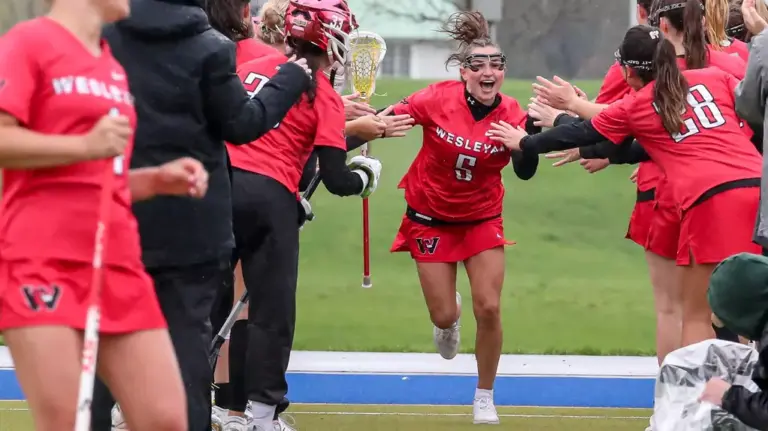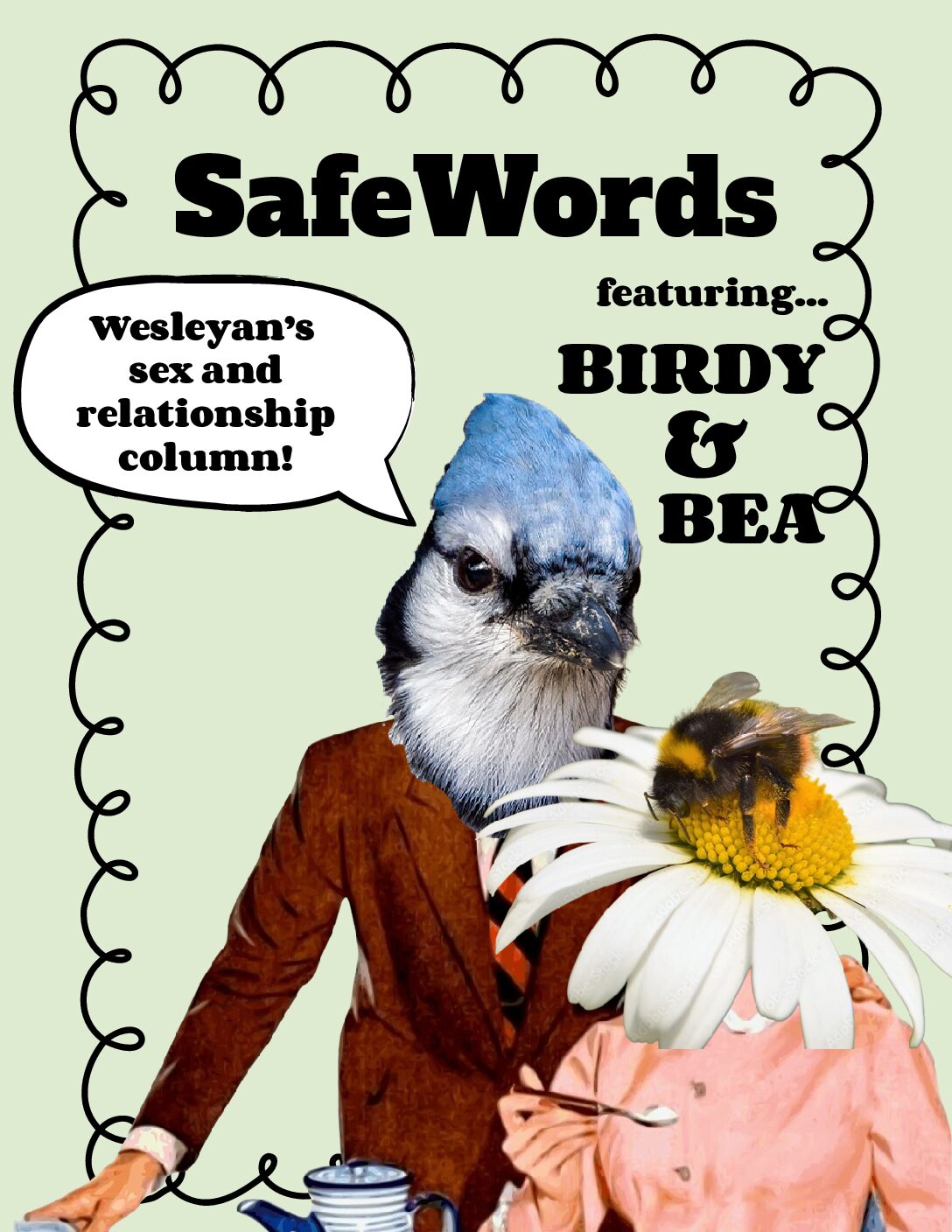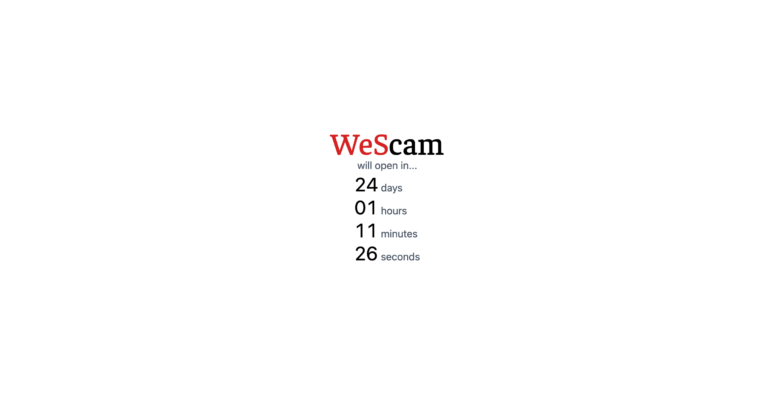Learn about the environmental and social consequences of coal
Although we depend on Appalachia for our energy, we often remain incognizant of this region and the devastating environmental and social consequences it suffers and has suffered from decades of coal mining. Today over three million people live within one mile of abandoned mine land, where the majority not only experience great poverty, but also face water contamination in the form of acid mine drainage (AMD) and poisonous sewage discharges. The issue of global warming has finally begun to command widespread attention from people concerned about the future of human and ecological communities, but it is also important to recognize that communities right now, in this country, have already long borne the costs of the energy production that powers our lives.
Want to learn more and what can be done to help? Come to the lecture “Coal, Collaboration, and Community: Trans-Disciplinary Environmental Action,” given by Dr. T. Allan Comp on Tuesday Nov. 6th, at 7:30 pm, in the Daniel Family Commons in Usdan.
Dr. Comp is a historian, an artist, a community organizer and a government bureaucrat, too. He is the founder of the coal site reclamation and water remediation project AMD&ART, which is “one effort to confront this legacy [of coal production]…[via] a model of holistic renewal that brings the perspective of history to mix with the discipline of science, the delight of innovative design, and the energy of community engagement” (Comp, www.amdandart.org). Winner of multiple awards in partnerships and planning, Dr. Comp now directs the Appalachian Coal Country Watershed Team and does other coal related environmental remediation and community revitalization work throughout the country.
This lecture is made possible by The Robert Schumann Lecture Series in The Environmental Studies Certificate Program and Earth House. Hope to see you there!







Leave a Reply